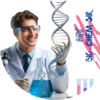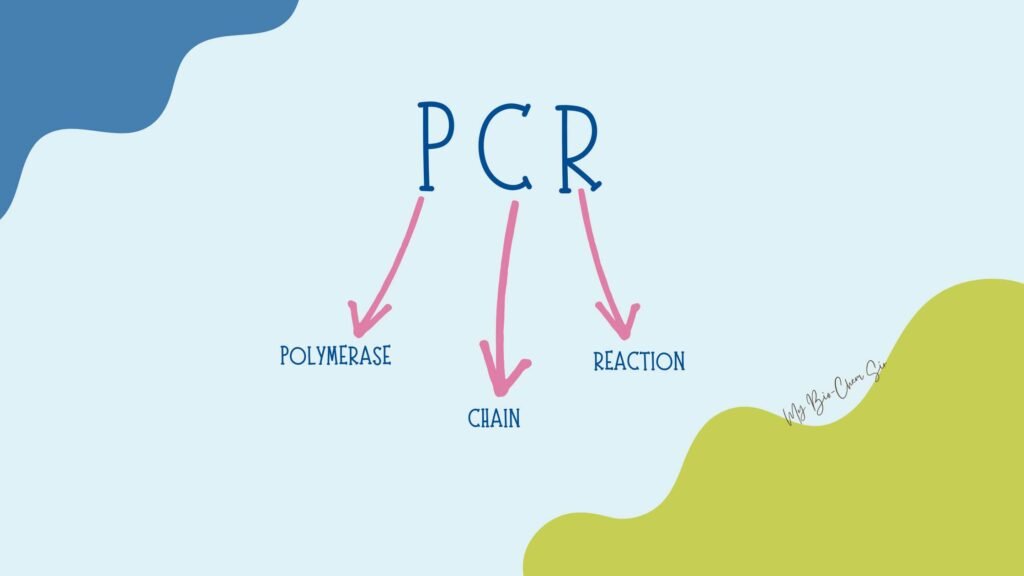Imagine you got to know that a trait or disease might run in your family. How would you feel if you had the chance to know more about it—before it even affects you or your future children?
In a world where personalized medicine is the future, have you ever wondered what your genes might reveal about your health?
All of these are answered in genetic counseling.
What is Genetic Counseling?
In simple definition, genetic counseling is a process that informs you and families about genetic status, the genetic information present in your body, and whether it displays healthy or disease-causing gene conditions.
Genetic counseling is grounded in a simple concept: our genes are the blueprint for all the traits that define us. Each gene carries the vital instructions for producing proteins, which in turn shape our physical features, behaviors, and predispositions to certain conditions. By properly analyzing a person’s genetic makeup, we can uncover hidden risks for genetic diseases that may not only affect their own health but also be passed down to future generations.
With this knowledge, individuals and families can make informed decisions, adopting preventive measures to safeguard their health and ensure a healthier future for the next generation. This transformative approach allows us to intervene early and rewrite the narrative of hereditary diseases, providing a pathway to a more informed and healthier life.
Genetic counseling is like a bridge between science and personal health decisions.
The Role of Genetic Counselors
Genetic counselors are healthcare professionals specialized in medical genetics and counseling. They play a vital role by informing you about:
- Your genetic health conditions
- Genes that can cause diseases and transmit them to future generations
- Proper steps for dealing with disease-causing genes and the potential health impacts
Specialties in Genetic Counseling
Genetic counselors also work in various specialties such as:
Personalized Medicine: Expert genetic counselors provide medicine according to the genetic makeup of a person. Side effects of this type of medicine are quite less than regular medicine, and a quick recovery can be expected.
Neurogenetics: Genetic counselors work with individuals and families affected by inherited neurological diseases such as Huntington’s disease, muscular dystrophy, and hereditary forms of Alzheimer’s or Parkinson’s disease.
Prenatal and Preconception Counseling: Genetic counselors help couples who are planning for a family by informing them about potential genetic risks like Down syndrome and cystic fibrosis for their children and provide necessary tests and support.
Cancer Genetics: Many genetic counselors specialize in hereditary cancers, such as breast, ovarian, colorectal, and prostate cancers, and suggest preventive options, including surveillance, lifestyle changes, and surgeries.
Research and Innovation: Genetic counselors should have up-to-date knowledge about their field. Advanced knowledge about genetics and research is essential.
Genomic Data Interpretation: With technical support, genetic counselors can analyze large genetic information to find the gene that creates disease in the future and affects future generations.
Ethical Guidance: Some ethics are present in genetics that cannot be ignored. Genetic counselors ensure the best outcomes under rules and regulations.
An Example: Maria's Journey
Let me present to you a story of a girl that will provide you with a clearer vision of genetic counseling.
Suppose a recently graduated girl, Maria, just noticed some history of breast cancer in her family tree. She becomes worried. What if she is also carrying this disease or if her cancer spreads to the next generation?
But she does not stop here. She starts focusing on solutions and makes the decision for genetic counseling.
What a genetic counselor does:
After getting the counseling date, Maria reaches there. At first, the counselor asks her various questions about her personal history, such as:
- Any type of genetic disorder or chronic illnesses?
- Any unusual health symptoms?
- Is she currently taking any medication?
- Records of previous genetic testing?
Family history, like:
- History of genetic disorders in her family
- History of cancer
- Genetic health test results of her parents and siblings
Her concerns:
- What actually prompted her to seek counseling?
- Worries about any specific disease?
- Family planning information?
Lifestyle:
- Diet
- Exercise
- Habits
- Environmental factors like radiation or toxins, etc.
Getting proper information about Maria’s family and lifestyle, some genetic tests may be provided. As Maria wants to know whether she is carrying any gene for breast cancer, she may be given BRCA1 and BRCA2 gene testing.
BRCA1 and BRCA2 are genes that prevent our body from producing cancer cells, particularly in the breast and ovaries (BRCA – BReast CAncer gene). These genes are also known as tumor suppressors.
When these genes change or a mutation occurs in their genetic structure, HBOC (Human Breast and Ovarian Cancer) syndrome may occur. BRCA1 and BRCA2 gene testing is one way to find out about mutations in those genes.
However, after genetic tests, the counselor may get a proper idea and information about Maria’s genetic health—whether she has the disease or not. This information helps the counselor take the next steps, such as medicine, treatment, or any changes in her regular lifestyle for the benefit of Maria and her upcoming generations.
A Healthier Future Through Genetic Counseling
Genetic counseling offers a powerful opportunity to take control of your health and the health of future generations.
By understanding your genetic makeup, you’re not just learning about potential risks—you’re gaining the ability to make informed, proactive decisions.
Whether it’s choosing preventive treatments, lifestyle adjustments, or simply gaining peace of mind, the insights gained through genetic counseling can help rewrite your family’s health story for the better.


